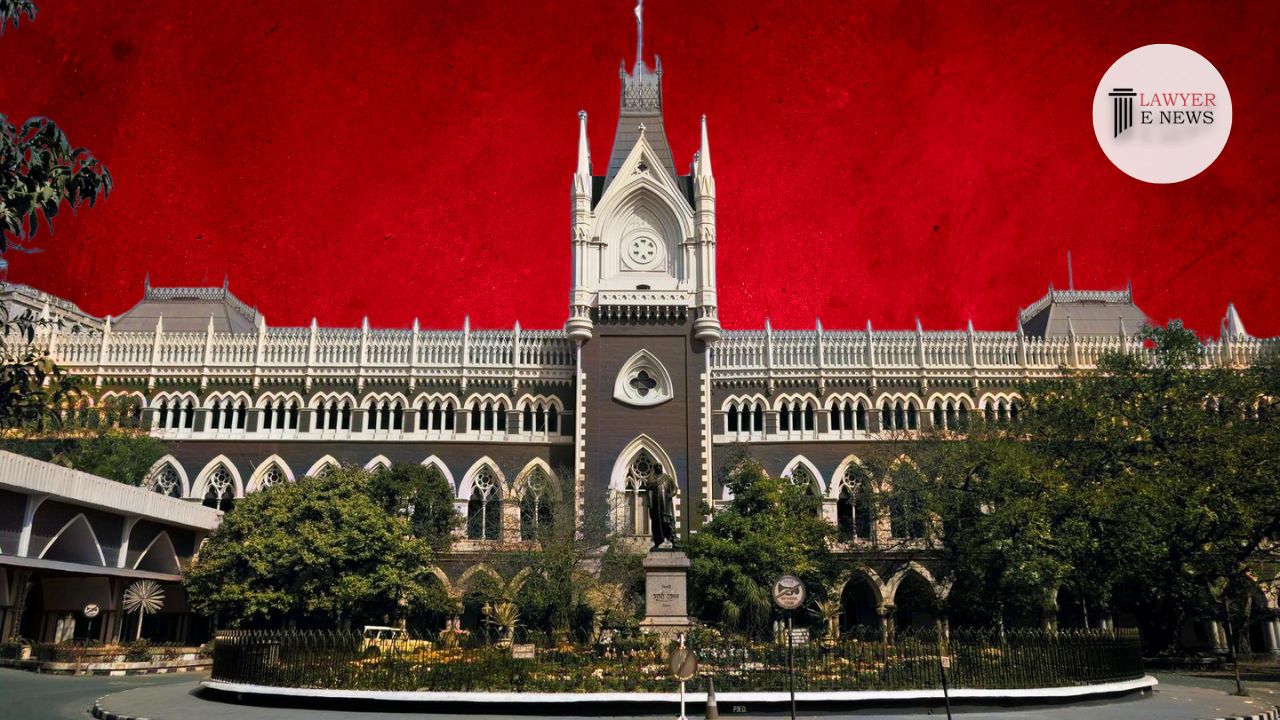-
by Admin
15 February 2026 5:35 AM



In a significant ruling, the Calcutta High Court has directed the Railway Protection Force (RPF) to reconsider the appointments of two candidates who had cleared all stages of the selection process for the post of Constable but were denied appointments on allegations of impersonation. The judgment, delivered by Justice Raja Basu Chowdhury, emphasized procedural fairness and the necessity of substantial evidence before rejecting candidates.
Procedural Irregularities in Selection Process: The court scrutinized the RPF’s selection process under Employment Notice No. 01/2011, where petitioners had successfully completed the written examination, Physical Efficiency Test (PET), Physical Measurement Test (PMT), and viva voce. Despite these achievements, appointment letters were withheld. The High Court found procedural irregularities, notably the rejection of candidates on suspicion without providing them an opportunity to respond.
Right to Fair Treatment: Addressing the allegations of impersonation against petitioners Krishna Murari Kumar and Binod Kumar, the court held, “Rejection of candidates on mere suspicion of impersonation without giving them an opportunity to respond is unjust.” The court observed that the petitioners were not given a fair chance to contest the allegations, which were primarily based on discrepancies in fingerprint matches.
Legal Reasoning: Justice Chowdhury underscored the importance of procedural fairness, particularly in public recruitment. The court referenced several landmark cases, including Union of India v. Rajesh P.U., Puthuvalnikathu (2003) and State of UP v. Ravindra Kumar (2009), emphasizing the principle that decisions impacting candidates’ careers must be backed by substantial evidence and due process.
Justice Chowdhury remarked, “In view thereof, meritorious candidates securing high marks cannot be ignored on the whims and caprice of the respondents that too on the basis of suspicion.”
Decision: The judgment directed the RPF to process the candidatures of Krishna Murari Kumar and Binod Kumar within four weeks, stressing that age-bar impediments should not affect the delayed appointments. This ruling highlights the judiciary’s role in ensuring fair recruitment processes and protecting candidates’ rights against arbitrary actions by authorities.
Date of Decision:24th May, 2024
SURYA MANDDY & ORS. Vs. UNION OF INDIA & ORS.
